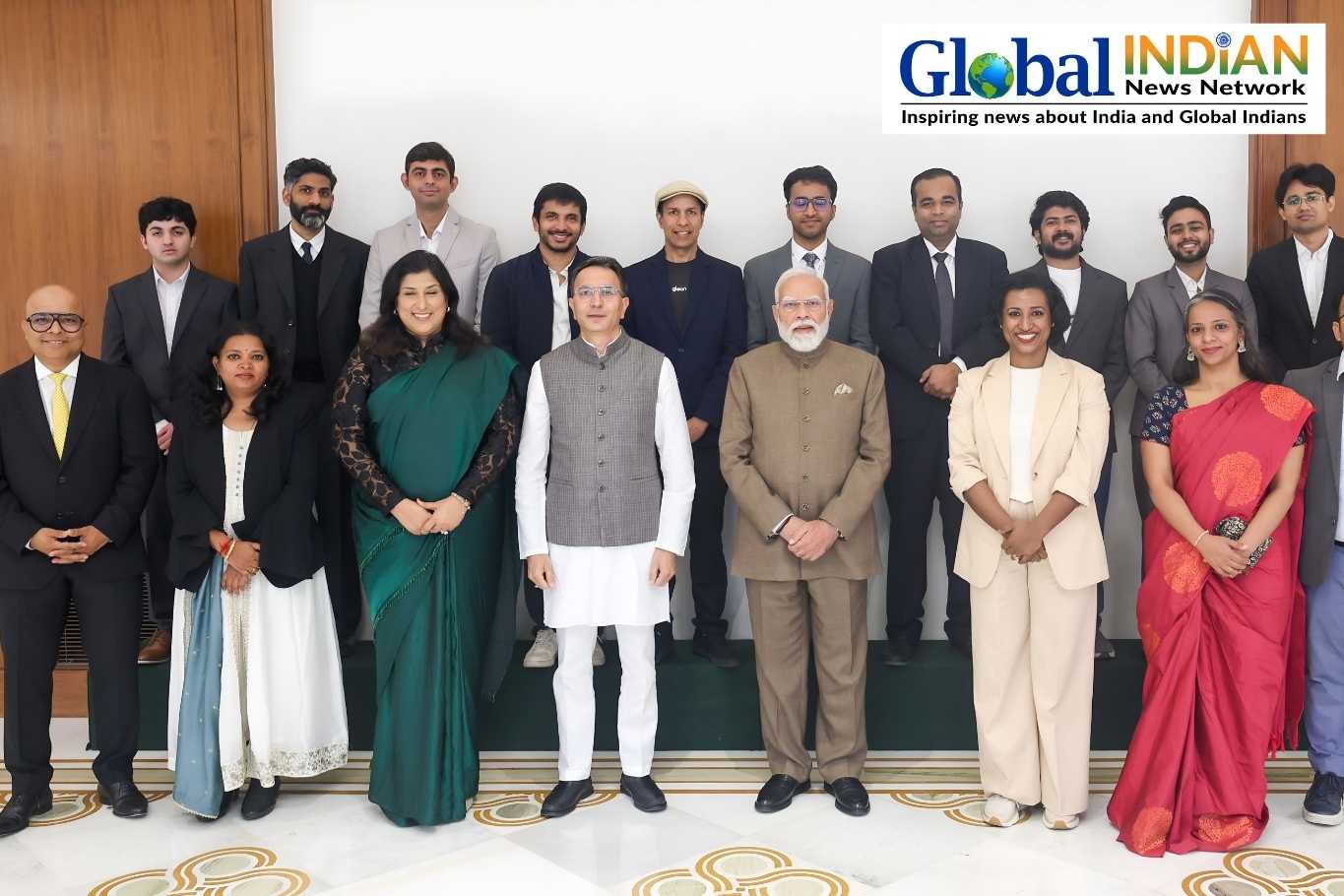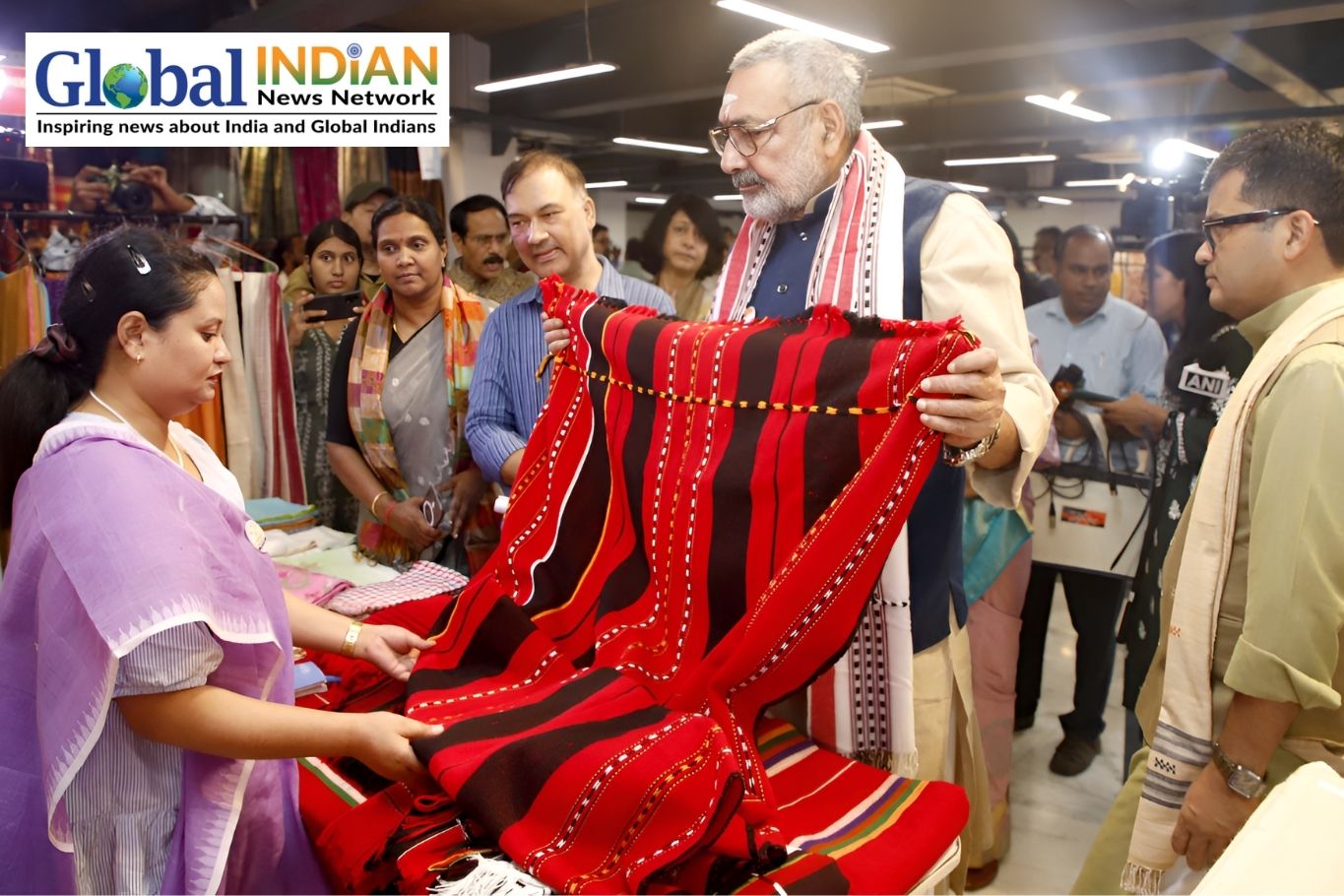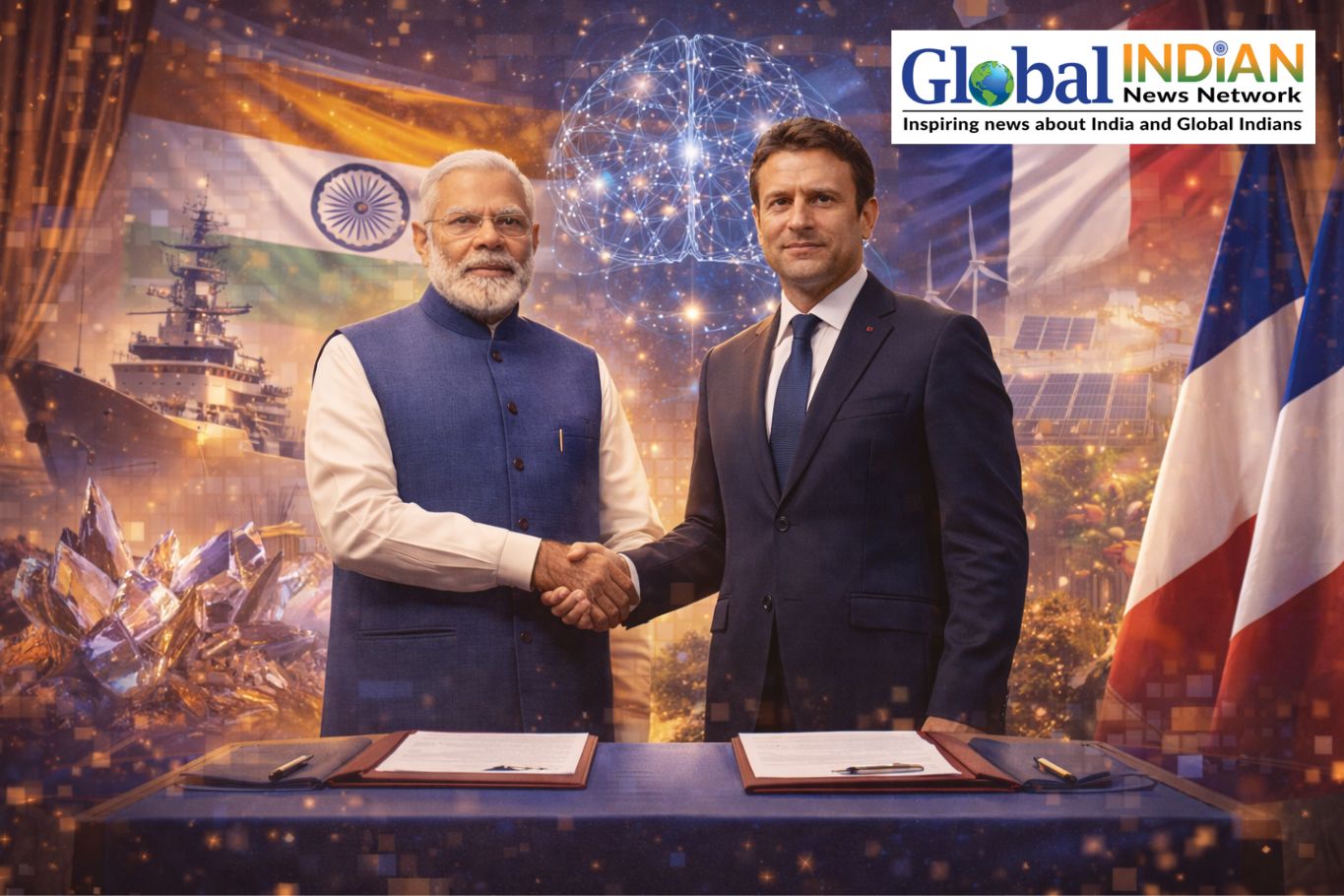 The Ministry of Ayush and the World Health Organization (WHO) have formalized their collaboration through a ‘Project Collaboration Agreement’ in Geneva, aiming to standardize Traditional and Complementary Medical Systems. This initiative strives to integrate quality and safety features of these systems into the National Health System while fostering global distribution.
The Ministry of Ayush and the World Health Organization (WHO) have formalized their collaboration through a ‘Project Collaboration Agreement’ in Geneva, aiming to standardize Traditional and Complementary Medical Systems. This initiative strives to integrate quality and safety features of these systems into the National Health System while fostering global distribution.
A key focus of this collaboration is narrowing the divide between traditional and complementary medical systems within the National Health System. The WHO, in tandem with the Ministry of Ayush, will develop the Traditional Medicine Global Strategy 2025-34 to achieve this objective.
Additional objectives encompass enhancing training and practice in the field of Complementary Medicine System ‘Siddha,’ formulating guidelines for the listing of Traditional and Complementary Medicines, ensuring safety, and related initiatives. The Ministry and WHO will jointly create an International Herbal Pharmacopoeia for herbs in South-East Asia, emphasizing evidence-based integration into the National Health System and biodiversity conservation.
This agreement marks the third collaboration between the Ministry of Ayush and WHO, following agreements in 2016 and 2017 focusing on elevating Traditional Medical Systems globally. The ceremony occurred in Geneva, where Ms. Indra Mani Pandey represented Ayush Ministry, and Dr. Bruce Aylward represented WHO.
Union Ayush Minister Mr. Sarbananda Sononwal emphasized that India’s rich cultural heritage in traditional and alternative medical systems positions it as a global hub. The Ministry’s efforts contribute to India’s recognition in healthcare services globally, fostering medical tourism.
Ms. Indra Mani Pandey expressed India’s commitment to working with WHO, aiming to strengthen Traditional Medicine Systems globally and supporting fellow developing countries in promoting their traditional medicine systems.









